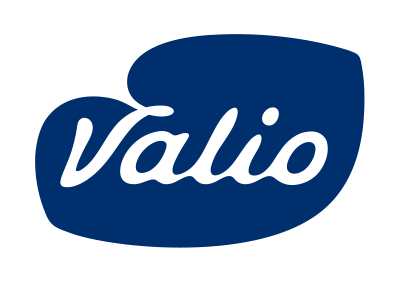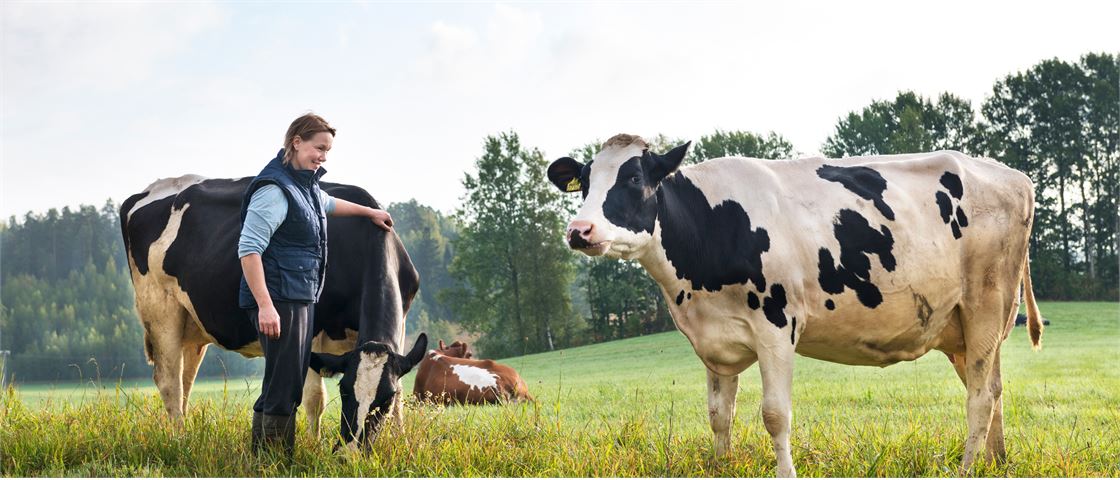What is milk needed for?

Valio is often asked what milk is needed for. Nutrition Specialist and senior scientist Tuula Tuure, PhD, has spent over 20 years studying what you should choose to put on your plate if you want to have a healthy and varied diet. Recently, she has spent a lot of time thinking about milk’s role in a climate-friendly diet.
“I use dairy products for many reasons, one of which is because research shows that, out of all natural protein sources, milk is nutritionally the best. Milk is an easy way for humans to get many of the important nutrients, like protein, iodine and calcium. In itself, milk isn’t necessary for humans; it’s the components it contains. Milk just happens to be an excellent source of a lot of important nutrients in one package.”
One basic element of nutritionally good food is nutrient density. It’s food that, in addition to energy, provides you with essential nutrients, like vitamins, minerals, fibres, fatty acids, and proteins.
Milk protein is the best natural source of protein, as we can absorb its amino acids nearly completely, and our systems can use them effectively.


